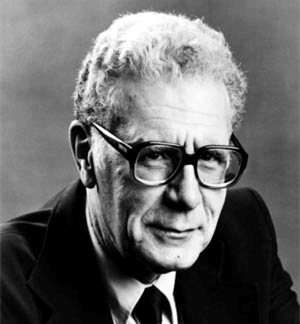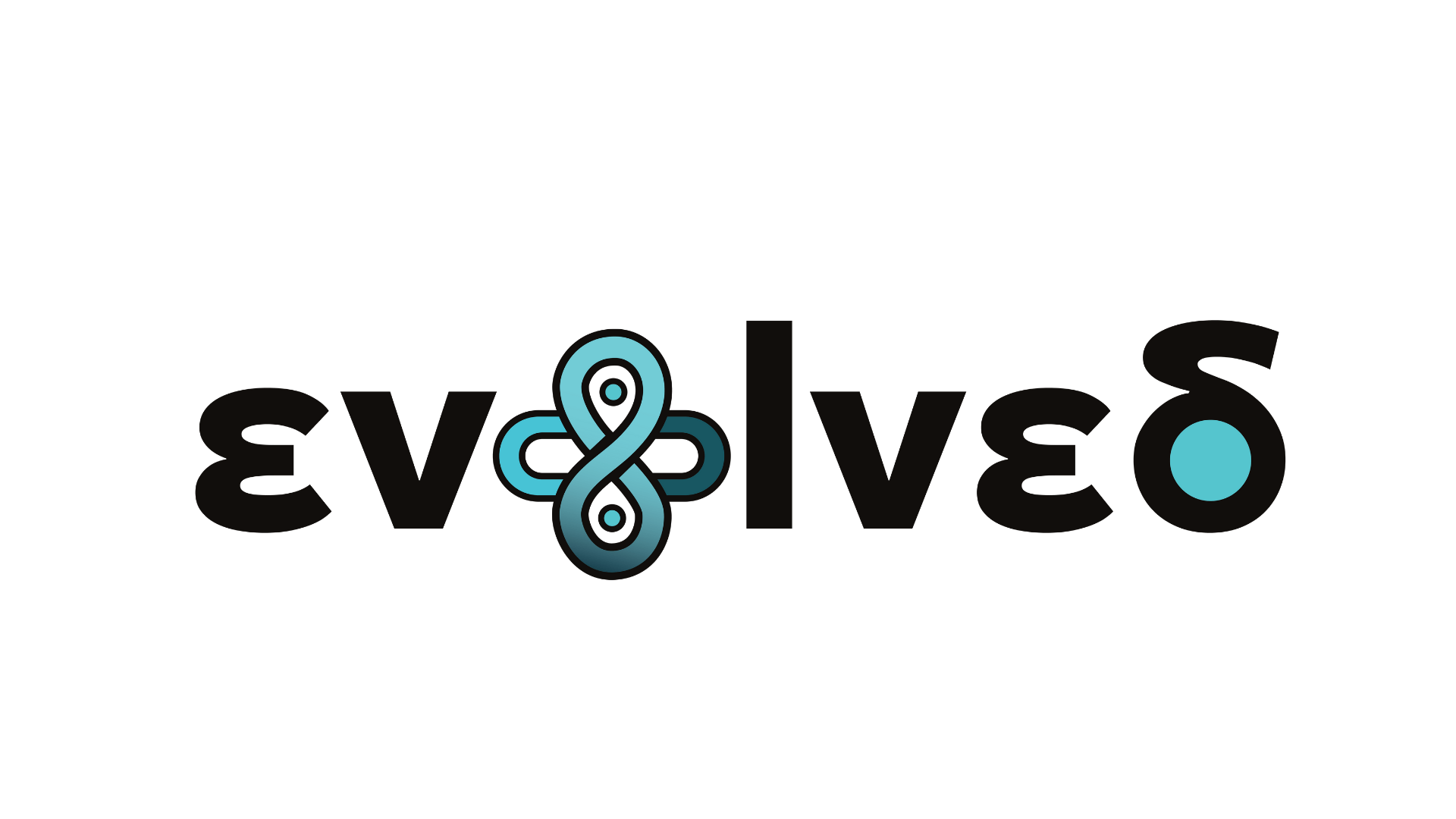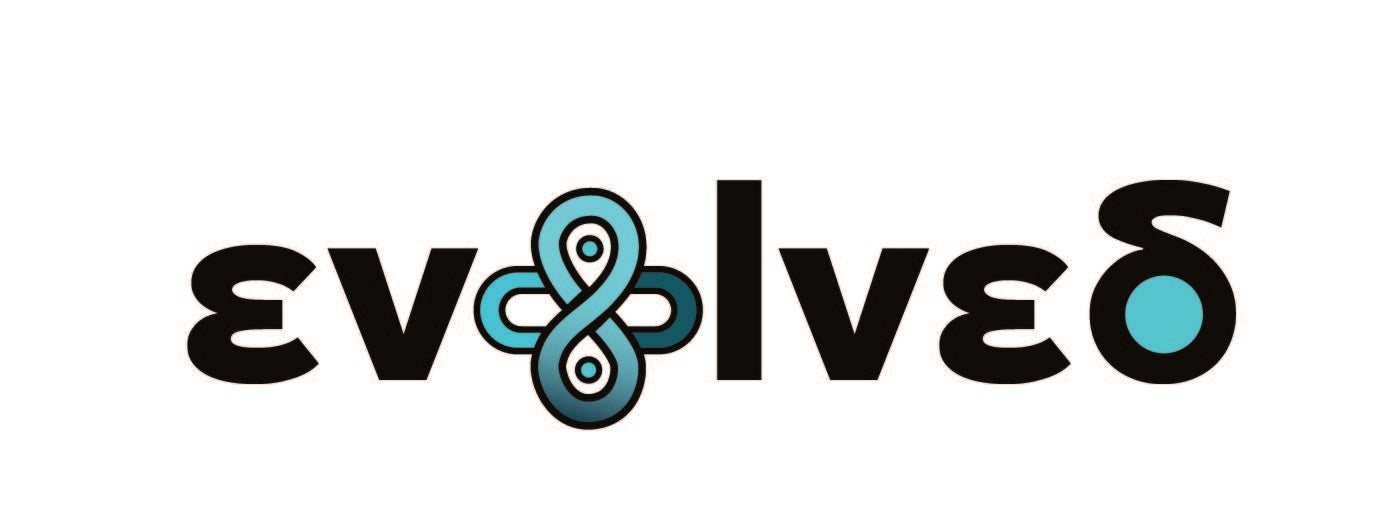
Russell Ackoff
Bio
Rest In Peace, Russell Ackoff.
Personal or Business or Community websites:
- https://hbr.org/2009/11/russ-ackoffs-passing-the-end-o
- https://ackoffcenter.blogs.com/
- https://beyondcommandandcontrol.com/library/whos-who-system-thinkers/russell-ackoff/
- https://deming.org/ackoff-on-systems-thinking-and-management/
- https://youtu.be/OqEeIG8aPPk?si=1VI3H0BShbBl31JG
More Publications
-
**Summary:**
- **Ackoff**: Seminal books and articles on systems thinking, organizational design, and participative planning, including *Ackoff’s Fables*, *Creating the Corporate Future*, and “Systems thinking and thinking systems”.
## Russell L. Ackoff (Systems Thinking)
### Books
**1. Ackoff’s Fables: Irreverent Reflections on Management**
*Author:* Russell L. Ackoff
*Description:*
A collection of witty fables and parables that illustrate management and organizational dynamics, challenge conventional wisdom, and make systems concepts accessible.
**2. Creating the Corporate Future: Plan or Be Planned For**
*Author:* Russell L. Ackoff
*Description:*
Ackoff introduces “interactive planning,” advocating for participative, systems-based organizational design and purposeful futures rather than reactive problem-solving.
**3. Redesigning the Future: A Systems Approach to Societal Problems**
*Author:* Russell L. Ackoff
*Description:*
Ackoff presents “Interactive Design,” a systems approach for tackling complex societal and organizational problems, emphasizing holistic and participatory redesign.
**4. On Purposeful Systems**
*Authors:* Russell L. Ackoff, Fred E. Emery
*Description:*
A foundational text introducing “purposeful systems,” capable of self-reflection and adaptation, with lasting impact on systems thinking and organizational theory.
**5. A Concept of Corporate Planning**
*Author:* Russell L. Ackoff
*Description:*
Ackoff’s foundational text on participative, adaptive planning in organizations is widely cited in management literature.
**6. Scientific Method: Optimizing Applied Research Decisions**
*Authors:* Russell L. Ackoff, Milton Sasieni
*Description:*
A guide to the scientific method as applied to research and decision-making, blending systems thinking with operational research.
**7. Fundamentals of Operations Research**
*Authors:* Russell L. Ackoff, Maurice W. Sasieni
*Description:*
A classic textbook on the principles and methods of operations research.
**8. Management in Small Doses**
*Author:* Russell L. Ackoff
*Description:*
A collection of short essays and insights on management, systems, and organizational behavior.
**9. Idealized Design: Creating an Organization’s Future**
*Authors:* Russell L. Ackoff, Jason Magidson, Herbert J. Addison
*Description:*
Ackoff and co-authors describe “idealized design,” a participative, systems-based approach to organizational transformation.
**10. Re-Creating the Corporation: A Design of Organizations for the 21st Century**
*Author:* Russell L. Ackoff
*Description:*
Ackoff presents a comprehensive redesign of the modern corporation, advocating for a systems-based, participative, and adaptive approach to organizational structure.
-
## Russell L. Ackoff (Systems Thinking)
### Books
**1. Ackoff’s Fables: Irreverent Reflections on Management**
*Author:* Russell L. Ackoff
*Publisher:* Wiley, 1991
**2. Creating the Corporate Future: Plan or Be Planned For**
*Author:* Russell L. Ackoff
*Publisher:* Wiley, 1981
**3. Redesigning the Future: A Systems Approach to Societal Problems**
*Author:* Russell L. Ackoff
*Publisher:* Wiley, 1974
**4. On Purposeful Systems**
*Authors:* Russell L. Ackoff, Fred E. Emery
*Publisher:* Tavistock Publications, 1972
**5. A Concept of Corporate Planning**
*Author:* Russell L. Ackoff
*Publisher:* Wiley-Interscience, 1970
**6. Scientific Method: Optimizing Applied Research Decisions**
*Authors:* Russell L. Ackoff, Milton Sasieni
*Publisher:* Wiley, 1968
**7. Fundamentals of Operations Research**
*Authors:* Russell L. Ackoff, Maurice W. Sasieni
*Publisher:* Wiley, 1968
**8. Management in Small Doses**
*Author:* Russell L. Ackoff
*Publisher:* Wiley, 1986
**9. Idealized Design: Creating an Organization’s Future**
*Authors:* Russell L. Ackoff, Jason Magidson, Herbert J. Addison
*Publisher:* Wharton School Publishing, 2006
**10. Re-Creating the Corporation: A Design of Organizations for the 21st Century**
*Author:* Russell L. Ackoff
*Publisher:* Oxford University Press, 1999
-
### Articles
**1. Systems thinking and thinking systems**
*Author:* Russell L. Ackoff
*Journal:* System Dynamics Review, 1994
*Description:*
Ackoff differentiates between mechanical, organismic, and social systems, and discusses the consequences of managing analytically versus synthetically, emphasizing the importance of holistic, systemic approaches in organizations.
**2. Why Few Organizations Adopt Systems Thinking**
*Author:* Russell L. Ackoff
*Platform:* Goldratt Research Labs (PDF), 1999
*Description:*
Ackoff explores the barriers to adopting systems thinking in organizations, identifying educational and cultural resistance to change as key obstacles.
**3. Choice, Communications, and Conflict: A Systems Approach to the Study of Human Behavior**
*Author:* Russell L. Ackoff
*Publisher:* Management Science Center, University of Pennsylvania, 1967
*Description:*
Ackoff applies systems thinking to human behavior, communication, and organizational conflict, advocating for holistic approaches.

